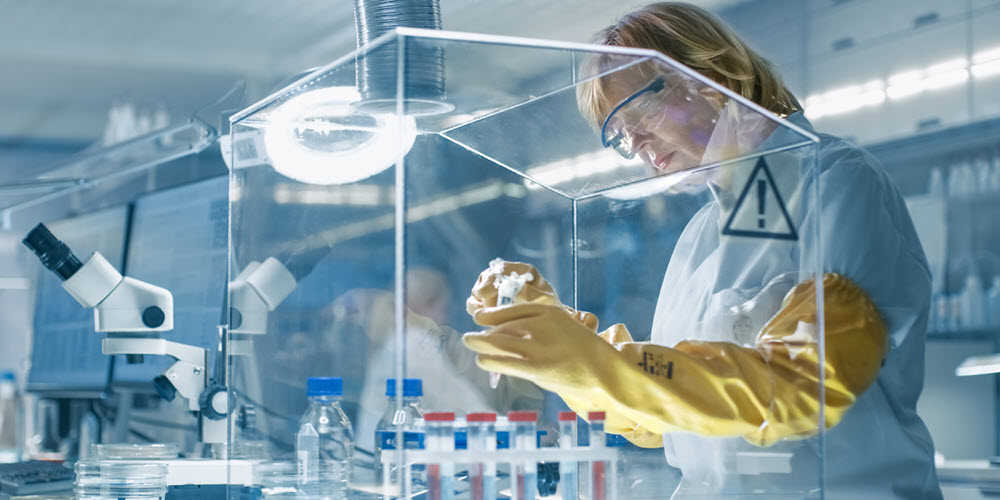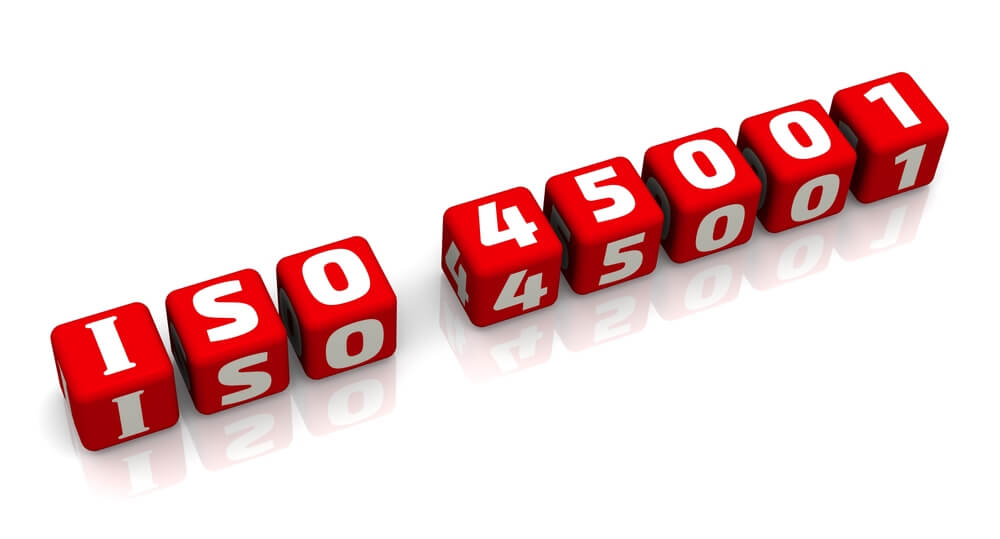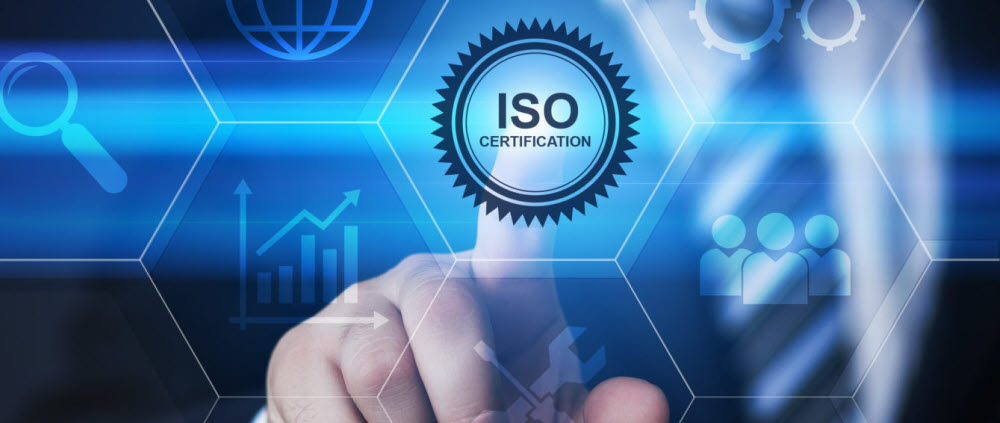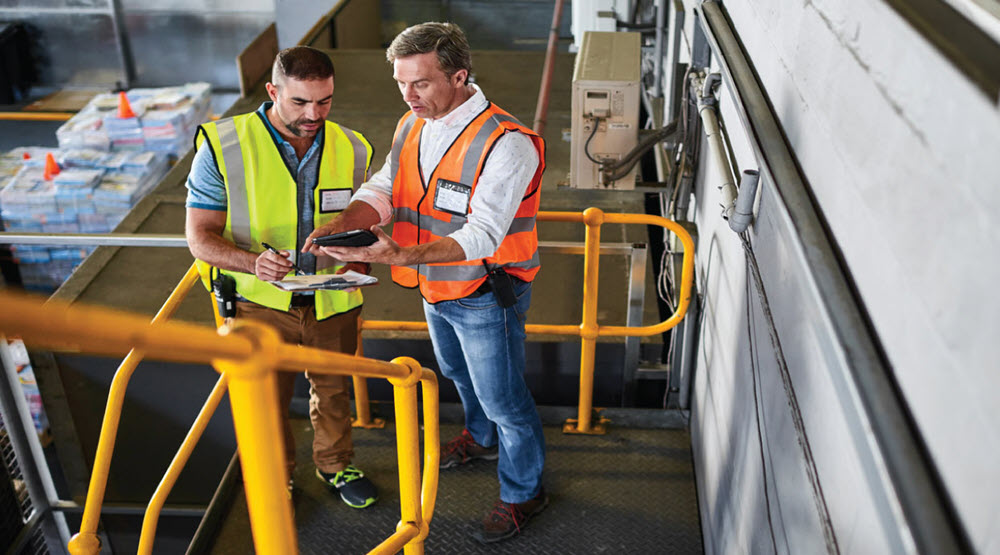EQMS Blog

What Is The ISO 17025 Requirements For Laboratories?
What is ISO 17025?
The standard ISO 17025, is developed and maintained to ensure the trustworthiness of results from laboratories accredited to the standard. For calibration and testing laboratories, ISO 17025 accreditation is a global recognition that a laboratory provides reliable results. There is no doubt that ISO 17025 is the most recognised standard for the purpose of standardisation of testing and calibration laboratories.
Any laboratory accredited to ISO 17025 will have third party audits carried out on site, to confirm the quality management system of the laboratory conforms with ISO 17025 on a continual basis. Generally, ISO 17025 is used by laboratories for implementing a quality system to enhance their ability so they can provide valid results in a reliable way.
ISO 17025 Requirements
The latest version of ISO 17025 was updated and released in 2017 and is often written as ISO 17025:2017 or ISO/IEC 17025:2017. The standard is applicable to every laboratory working sampling, calibration or testing and relates to every small, medium, large, privately-owned or government laboratory, as well as other organisations involved in activities of testing and calibration.
ISO 17025 requirements for laboratories focuses on overall customer satisfaction and ensuring correct and reliable results for laboratory testing and calibration of measuring equipment.
One of the ISO 17025 requirements for laboratories is to implement an internal audit program. This is to ensure internal policies and procedures are followed and that compliance with ISO 17025 is maintained at all times. Another purpose of the internal audits is to drive continual improvement of the laboratories management system.
The ISO 17025 requirements for laboratories also covers structural requirements, where it is required to have a properly defined structure of the personnel and external reports if the laboratory is part of a larger organisation. Additionally, then responsibilities, management structure roles and variety of activities needs to adequately defined.
Under the resource requirements in clause 6, the standard cover the following items:
- Personnel
- Facilities and environmental conditions
- Equipment
- Metrological traceability
- Externally provided products and services
At a high level, this clause covers elements of training, responsibility, authority and capability of personnel. The environmental part is related to identifying how the environment affect the results and controlling critical factors such as e.g., temperature, humidity, contamination etc. Equipment needs to be capable and maintained to ensure accurate results. All calibration of equipment needs to have metrological traceability.
When it comes to process requirements which is clause 7 of the standard, it consist of the following items:
- Review of requests, tenders and contracts
- Selection, verification and validation of methods
- Selection and verification of methods
- Validation of methods
- Sampling
- Handling of test or calibration items
- Technical records
- Evaluation of measurement uncertainty
- Ensuring the validity of results
- Reporting of results
- Complaints
- Nonconforming work
- Control of data and information management
In short then this section of the standard ensures the methods used for test or calibration are recognised within the industry or been validated to ensure reliable results. It covers sampling to ensure the way samples are selected to ensure a representable result of what is tested. Last part of the clause outlined the requirements related to reporting, how complaints and nonconformities should be handled, and requirements related to how information should be securely stored.
The last part of the standard is related to the management system requirements where the internal audits discussed earlier. The requirements in this clause is to a great extend similar to some of the requirements from ISO 9001 for quality management systems.
If you are looking to get accredited to ISO 17025 or just want to implement the standard without the accreditation, then contact us for a free consultation on how we can support.

Request a free consultation
Contact us to discuss your needs and see how we can support to reach your goal.

Recent posts

ISO 45001 is an internationally recognised standard for occupational health and safety management systems. It provides a framework that organisations can use to manage and improve their OH&S performance, minimize...

ISO (International Organisation for Standardisation) is an independent, non-governmental organisation that develops and publishes international standards for various industries and fields. The ISO certification process is a way for organisations...

What is ISO 9001 ISO 9001 is the most widely used and recognised global standard for a Quality Management System (QMS). Its primary goal is to assist companies meet the...
Just a Few of Our Clients
Request a Free Consultation
Contact us to discuss your needs and see how we can support to reach your goal.












